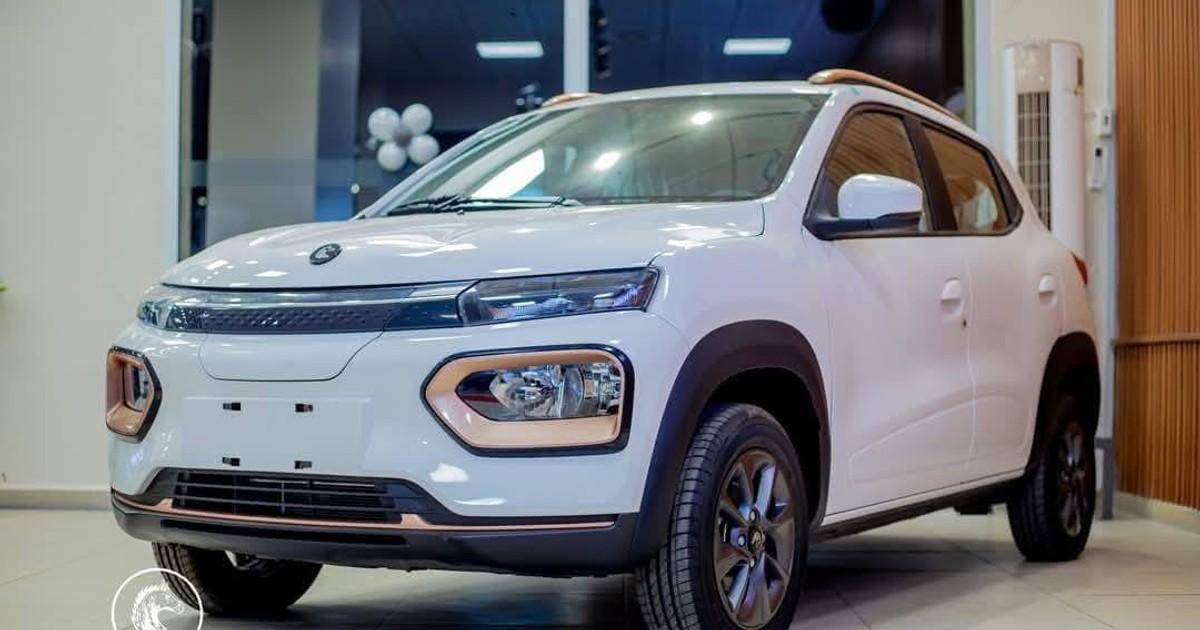By Agbai Sharonjoyce
Much of the world today has taken a digital shift. Artificial intelligence is becoming more advanced. The advent of electric cars has revolutionised the transportation system globally.
But can Africa keep up with the trend, with its manifold woes? Globally, countries like China and the US have been leading the charge. Thanks to partnerships between governments and private businesses, electric cars have been making inroads into the African continent.
In the first half of 2025, EV sales in Africa reached $17.4 billion, a slight uptick from its 2023 valuation of $15.63 billion. The market is projected to rise to $28 billion by 2030.
Odds stacked against the market
Despite this promise, the adoption of electric cars in Africa faces headwinds from several factors. Start with costing. Most electric cars are imported from Europe or Asia, and the high tariffs and shipping costs push the price of the car significantly.
In South Africa, for example, the cost of electric vehicles is almost 2 times the price of regular cars.
Infrastructural gaps and electricity problems within the continent mean that there are fewer facilities to power the cars. Africa suffers a shortage of charging stations. Even in South Africa, which is one of the leading electric markets, there are about 300 public charging stations.
Countries like Nigeria, faced with electric-grid failures and constant outages, complicate efforts to build sustainable charging networks.
What’s more, the absence of a stable network for public chargers makes potential buyers hesitant, as they worry about the chances of running out of battery during long drives.
The promise of electric cars
The optimism of electric cars in Africa is fuelled by significant economic benefits, proactive government policies and local innovations. The steady increase in fuel price in Africa is making electric cars a more economical choice for individuals.
Electric cars offer lower costs compared with regular vehicles in most parts of the sub-saharan African countries. High-mileage drivers can save more money annually.
The cost reduction will prove beneficial mostly to commercial drivers, who save more money and get high margins. The use of electric cars in Nigeria can lead to national savings of up to $10 billion by 2040.
Several African countries, like Rwanda, Kenya and South Africa, have introduced supportive policies to improve the adoption of EVs.
They include Rwanda’s no tax payment on the importation of electric cars, batteries, parts and charging equipment; Kenya’s 10% reduction on import duties and 0% VAT rate on electric cars; and South Africa’s 150% tax deduction for manufacturers that invest in electric and hydrogen car production from 2026.
The future of electric cars in Africa is less about the hype than the opportunity it offers. With continued investment and government support, Africa should be able to offset the challenges of poor infrastructure and access by 2030, to hit the projected EV valuation.
The takeaway
Electric cars in Africa are more economical compared with petrol-powered cars due to the steady increase of fuel cost. Besides, they present an opportunity for a cleaner environment. But the success of the African market hinges on the political will to provide better infrastructure.
Summary not available at this time.






